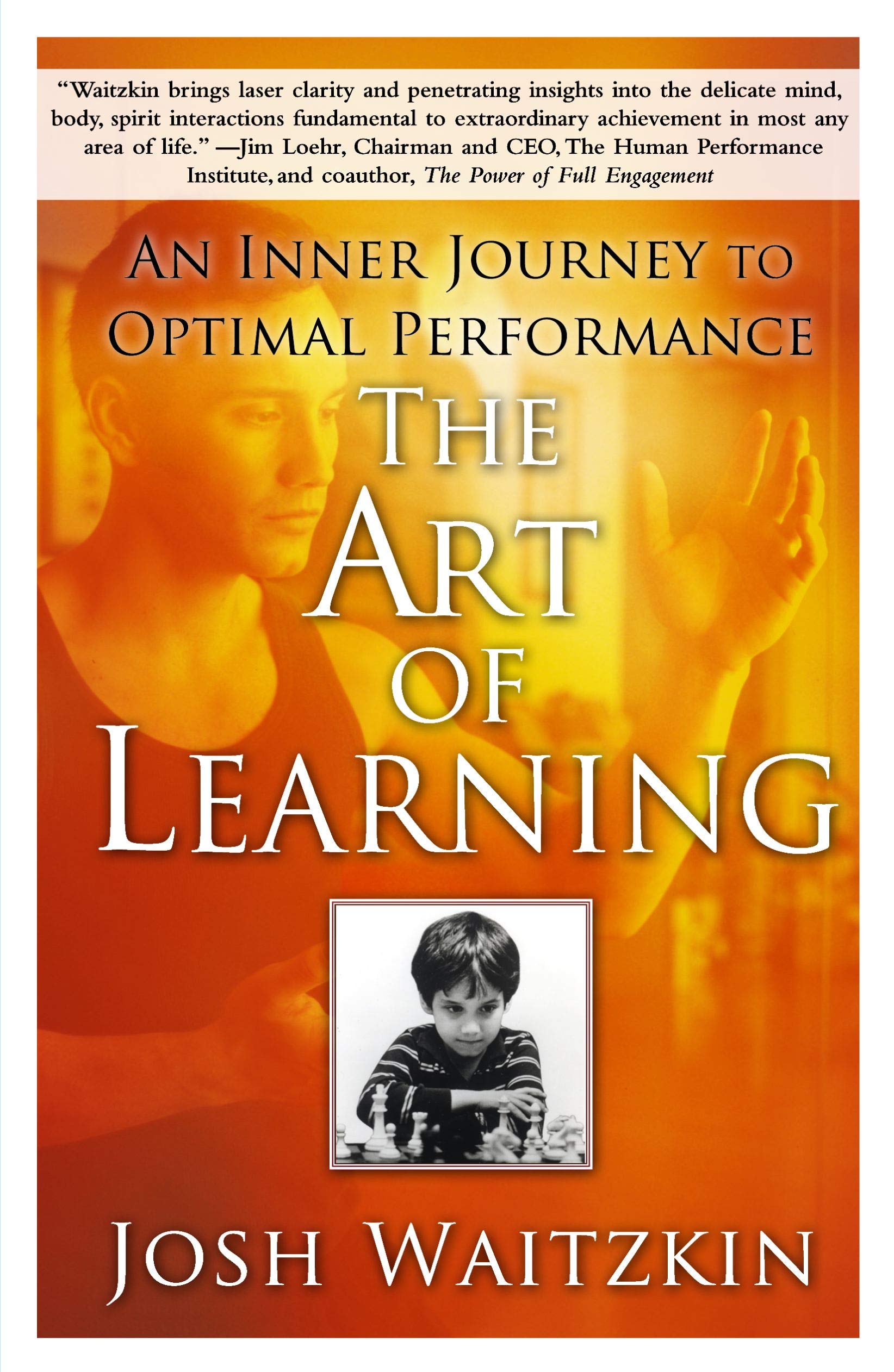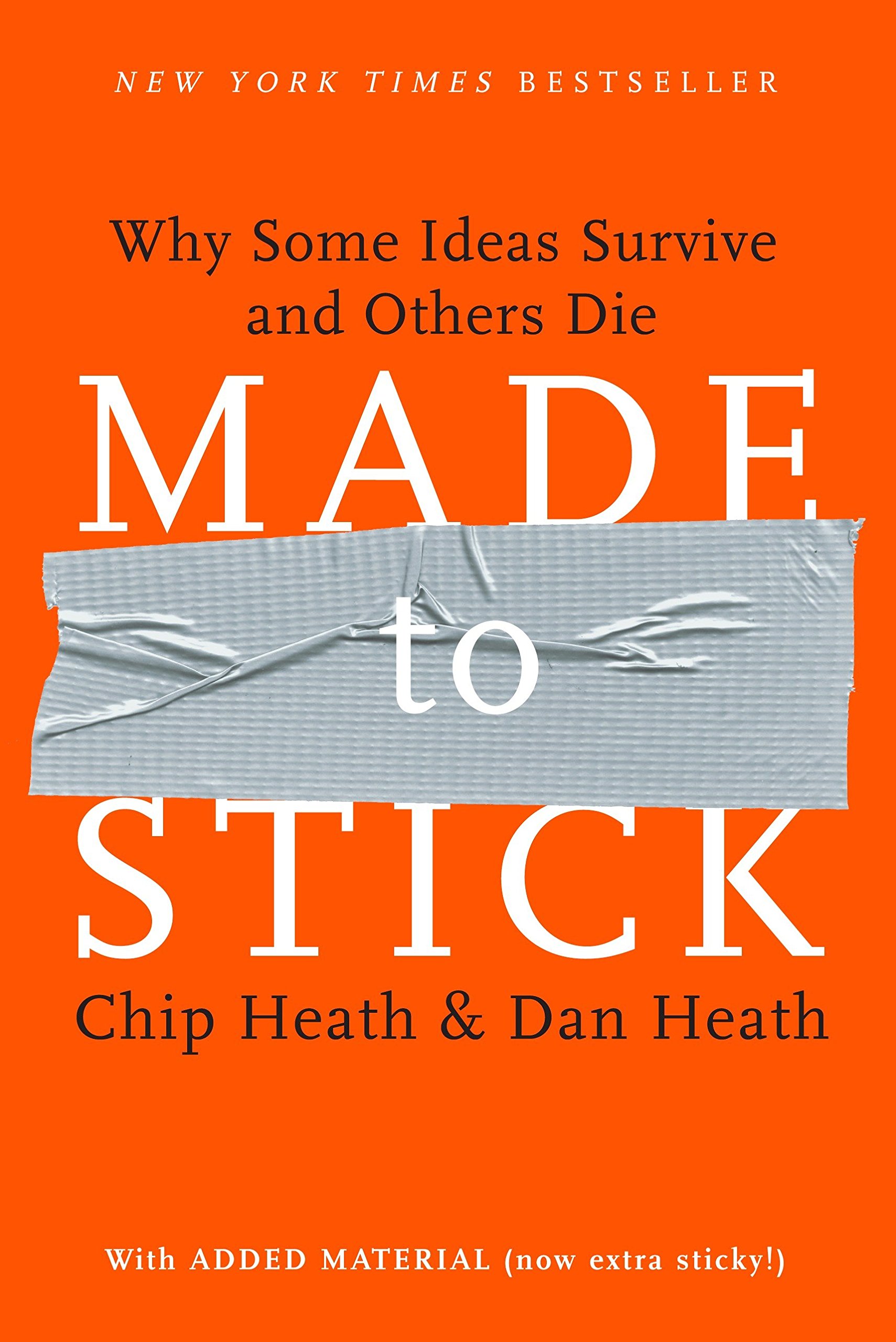Unlocking career success: embracing the non-linear path to professional fulfilment
The squiggly career by Helen Tupper & Sarah Ellis is a reflective book that discusses the modern career path. The central message is that you can carve your own career out by focusing on your strengths and what you value, but don’t expect it to be a linear progression. Taking a circuitous route has become the norm.

Key points:
- Career progression is now non-linear; the traditional model of taking steps up the ‘career ladder’ is no longer applicable.
- The changing career progression route is multifactorial but is heavily influenced by technology, increased geographic flexibility, and the need for different skills
- Focus on main strengths, more so than building weakness
- To find your strengths: reflect on previous positive work experiences, think of the opposites of your weaknesses, ask others, map out career to date (i.e. what has got you to where you are)
- Look for what kind of tasks make you happy and try to increase it in your job (e.g. writing, talking with others)
- Understand your values by reflecting on how fulfilled you felt during your previous jobs E.g. creativity, responsibility, pace
- The authors suggest picking your top 10 and then ranking them by doing 1-on-1 comparisons for all the permutations
- You need to make concerted action to overcome sources of low confidence (e.g. giving talks); it will not get better by itself
- Your ‘network’ is who you support and supports you
- Seek to make a contribution before you try to take from it
- When thinking of your career possibilities: (1) obvious, (2) stretch ‘but’, (3) dream
- Ask yourself: what do you need to know in order to get there and who can help?
- Stay true to your gut instinct when considering a job
- Need minimum 2 out of 3:
- Am I enjoying my job?
- Am I learning?
- Am I earning enough?
In one sense, Ellis and Tupper do convey the same message as Newport: acquire different skills and embrace moving around. However they put much more emphasis on personal reflection. Newport is very focused on cultivating unique skills in detail. Ellis & Tupper encourage readers to think carefully about what they have enjoyed previously and how to seek that out in subsequent jobs.
How does this apply to clinical jobs (in the NHS)? It has little applicability to the day-job, being brutally honest, in the current model of (relatively) prolonged run-through clinical training. However, it has major applicability to all the things that contribute to our careers: research, teaching, leadership, voluntary work etc. They can have a big impact on our careers long-term even if the majority of the day-to-day job is reasonably prescripted.
I use this book as further evidence to not worry if the route I’m taking doesnt seem to make sense. It will seem logical when looking back at the end of my career.
More books like this:
- So good they can’t ignore you by Cal Newport
- The Multi-hyphen Method by Emma Gannon
- What colour is your parachute? by Richard N. Bolles




One thought on “The squiggly career by Helen Tupper & Sarah Ellis”
Comments are closed.